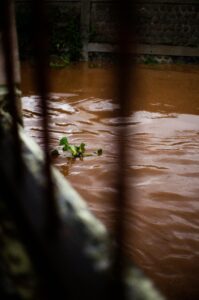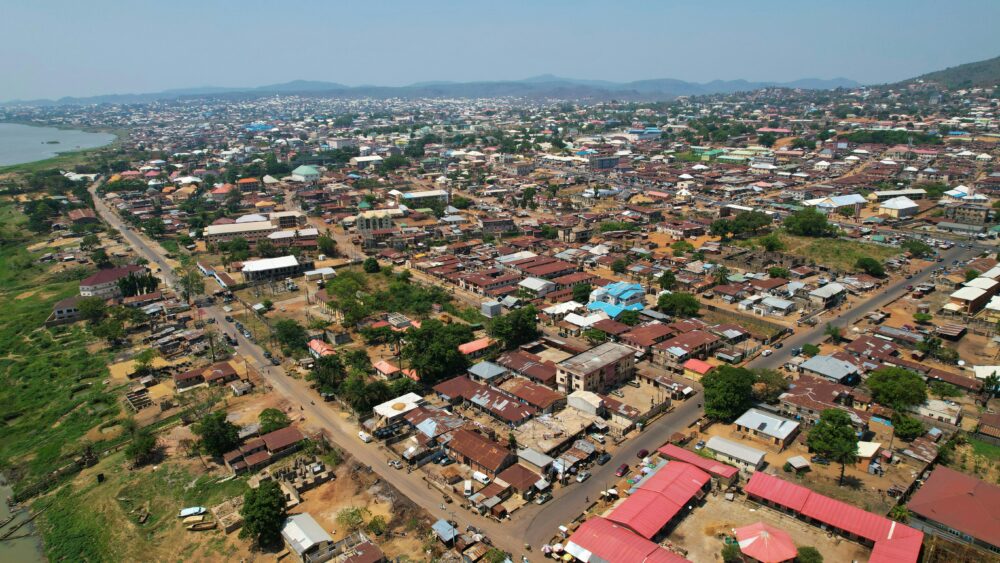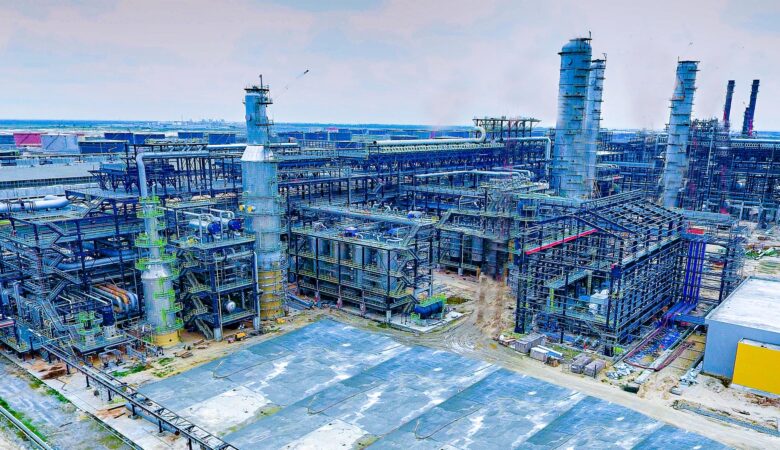A catastrophic flood in Maiduguri, Borno State, has left 37 people dead and displaced over 414,000 residents, making it one of the worst natural disasters in Nigeria this year. The flood, triggered by heavy rains and overflowing rivers, submerged several communities, destroying homes, schools, and health facilities. Major infrastructure, including bridges and roads, has also been severely damaged, complicating rescue efforts and the delivery of aid.
The National Emergency Management Agency (NEMA) confirmed the grim death toll, stating that 58 people were injured during the flooding. In response to the disaster, authorities are carrying out large-scale evacuations to relocate residents from high-risk areas to safer locations. This is being done to mitigate the risk of additional fatalities, as well as to curb the outbreak of diseases such as cholera, which often follow such disasters due to contaminated water sources.
The flood is not just a humanitarian disaster but also a blow to the local economy, as farmlands and livestock have been destroyed. This destruction will likely exacerbate existing food security issues in Borno State, a region that has long struggled with the impacts of insurgency and internal displacement caused by Boko Haram and other militant groups. Many of those affected by the flood were already vulnerable, living in temporary shelters or makeshift homes after being displaced by conflict.
The United Nations Office for the Coordination of Humanitarian Affairs (OCHA) has expressed concern over the scale of the disaster and is working alongside Nigerian authorities and local partners to provide emergency relief. According to OCHA, the floods have affected some of the most vulnerable communities in the region, and humanitarian organizations are now racing against time to provide food, clean water, shelter, and medical care to those displaced.

This disaster echoes the devastating floods Nigeria experienced in 2022, which displaced more than 1.4 million people across 34 states. While this year’s flooding has not yet reached the same scale, the systemic issues that make Nigeria vulnerable to such disasters remain largely unaddressed. Experts have called for better flood management and infrastructure improvements to reduce the impact of future floods. The Nigerian Hydrological Services Agency had earlier predicted that 31 states, including Borno, would be at risk of flooding this year, urging the government to implement proactive measures. However, inadequate infrastructure, including poor drainage systems and a lack of flood defenses, continues to make communities in flood-prone areas highly susceptible to such disasters.
In addition to the destruction of homes and infrastructure, the flood has disrupted access to essential services, including healthcare and education, as several schools and hospitals have been rendered inoperable. NEMA has deployed emergency response teams to assist with evacuations and distribute relief materials. However, the extent of the disaster has stretched the agency’s capacity, with local authorities appealing for additional support from both the federal government and international agencies.
The long-term impact of the flood is expected to be severe, particularly in terms of food security. The destruction of farmlands has put the region at risk of increased hunger, with estimates suggesting that over 26 million Nigerians could face food insecurity this year, a sharp rise from 18.6 million last year. The combination of conflict, displacement, and environmental disasters like flooding is creating a complex and worsening humanitarian situation in northeastern Nigeria.








Leave a Reply